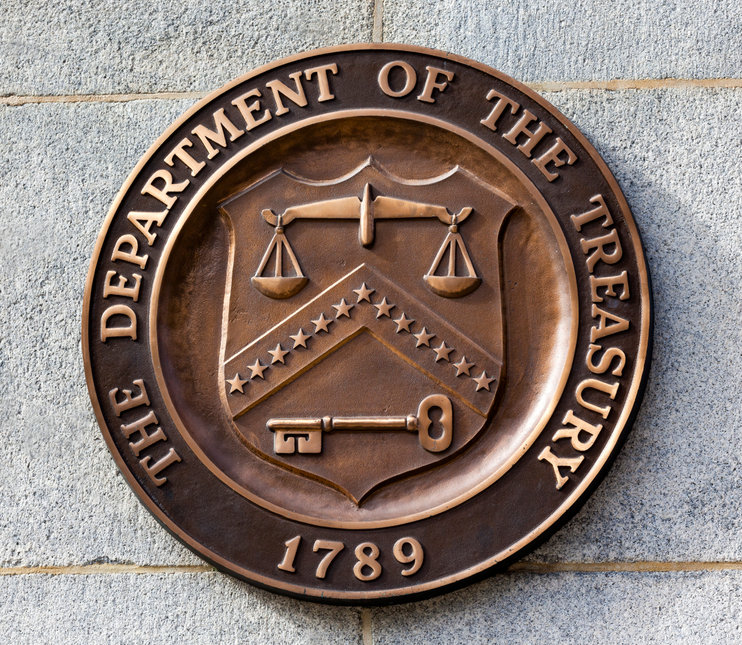Unlock the US Election Countdown newsletter for free
The stories that matter on money and politics in the race for the White House
Asian equities declined on Monday morning as investors absorbed the latest onslaught of political uncertainty from the US and tentatively unwound some “Trump trade” positions built last week.
As markets opened to news that President Joe Biden would not be seeking re-election, stocks in Tokyo fell to their lowest level in three weeks while the dollar traded flat against the yen, reflecting what traders said were new unknowns in the run-up to the November presidential vote.
“In the next couple of weeks, I think there’s going to be more noise than signal for markets in what comes out on the political side,” said Ray Attrill, global co-head of foreign exchange strategy at National Australia Bank in Sydney. “Does that mean that economics will dominate? I don’t know. I think it all probably plays to a bit more indecision in the markets than has been the case in the last month or so.”
The Nikkei 225 index fell 1.3 per cent on Monday morning to 39,549. Traders said similar falls of 1.4 per cent in South Korea’s Kospi and 0.7 per cent in Australia’s S&P/ASX 200 were likely to be the effect of funds trimming positions built in recent weeks around expectations of a clear Trump victory. The yen traded in a tight range at around ¥157.5 to the dollar.
In Japan, defence industry stocks such as Mitsubishi Heavy, IHI and Japan Steel Works have recently soared to multiyear highs on a bet that a Trump victory and an era of US isolationism would force allies such as Japan to spend more on military equipment. Those same stocks dropped sharply on Monday, with shipbuilder IHI leading declines with a 3.7 per cent fall.
“Trump trades” are based around policies the former president is expected to adopt if he wins in November. His frequent calls for tariffs to protect US manufacturers have prompted some investor concerns about companies likely to be affected but also provided a tailwind for Asian groups with strong manufacturing bases in the US.
“The bigger picture is that investors probably still see Trump with an advantage, so in market terms, this isn’t a huge change in the narrative. Asian markets are certainly going to be taking a lot of their direction on this from the ‘mother market’ in the US,” said Takeo Kamai, head of execution services at CLSA Securities in Tokyo.
Early Asian trading in US equity market futures pointed to small opening gains for Wall Street on Monday, with the S&P 500 poised to rise 0.2 per cent.
In a note to clients, Stuart Kaiser, head of US equity trading strategy at Citigroup, said Biden’s decision to step aside would be a “headwind for Trump trades” and “add an uncertainty premium to the [Democratic National Convention] dates in August and shift odds back closer to our 50/50 base case” for the election outcome.
Trades he thought were most likely to be under threat included buying US bank stocks and switching bets to US companies with limited overseas exposure from those with more foreign sales, which are seen as at risk if Trump were to win and push ahead with his tariff threats.
Credit: Source link














